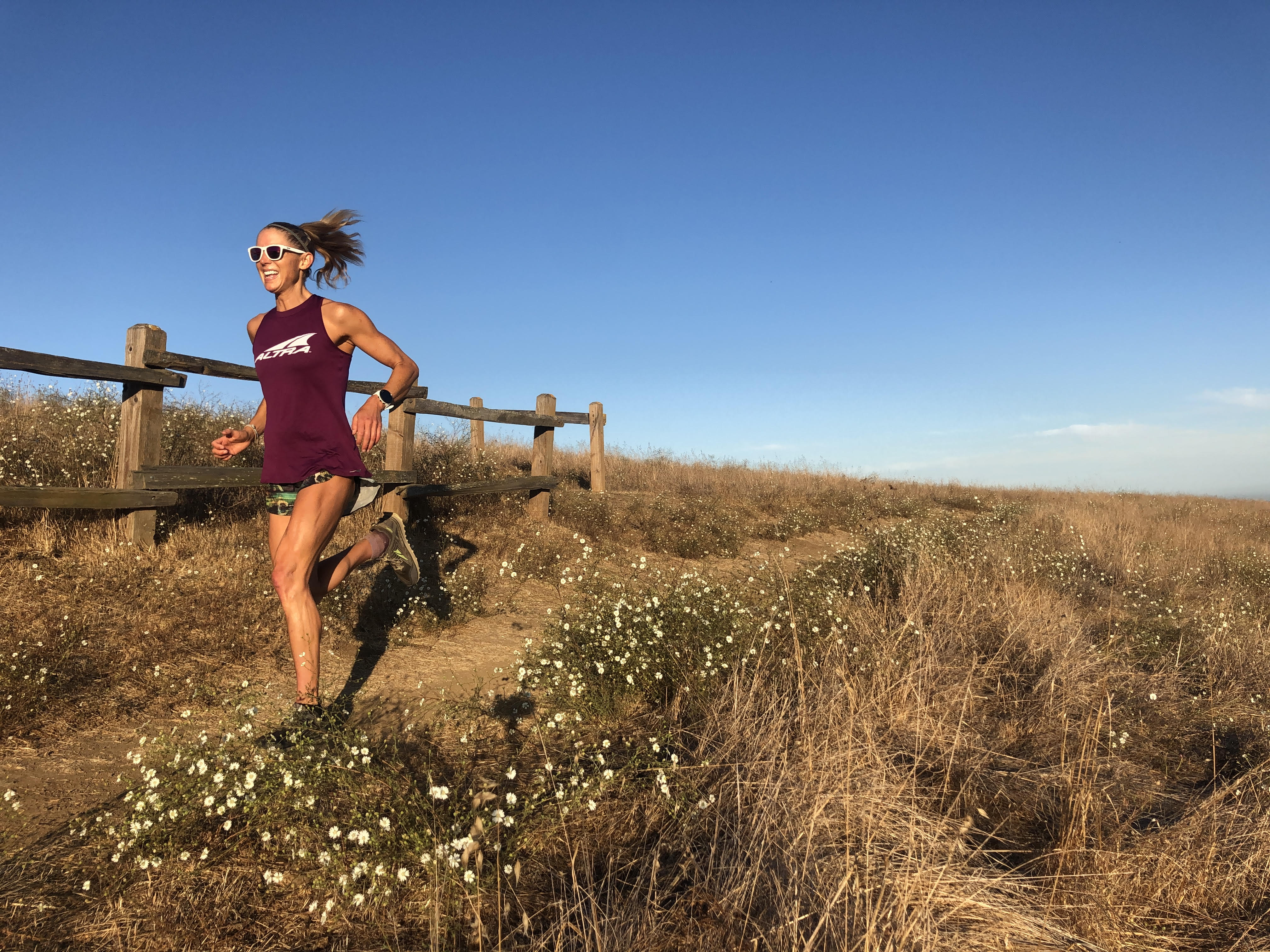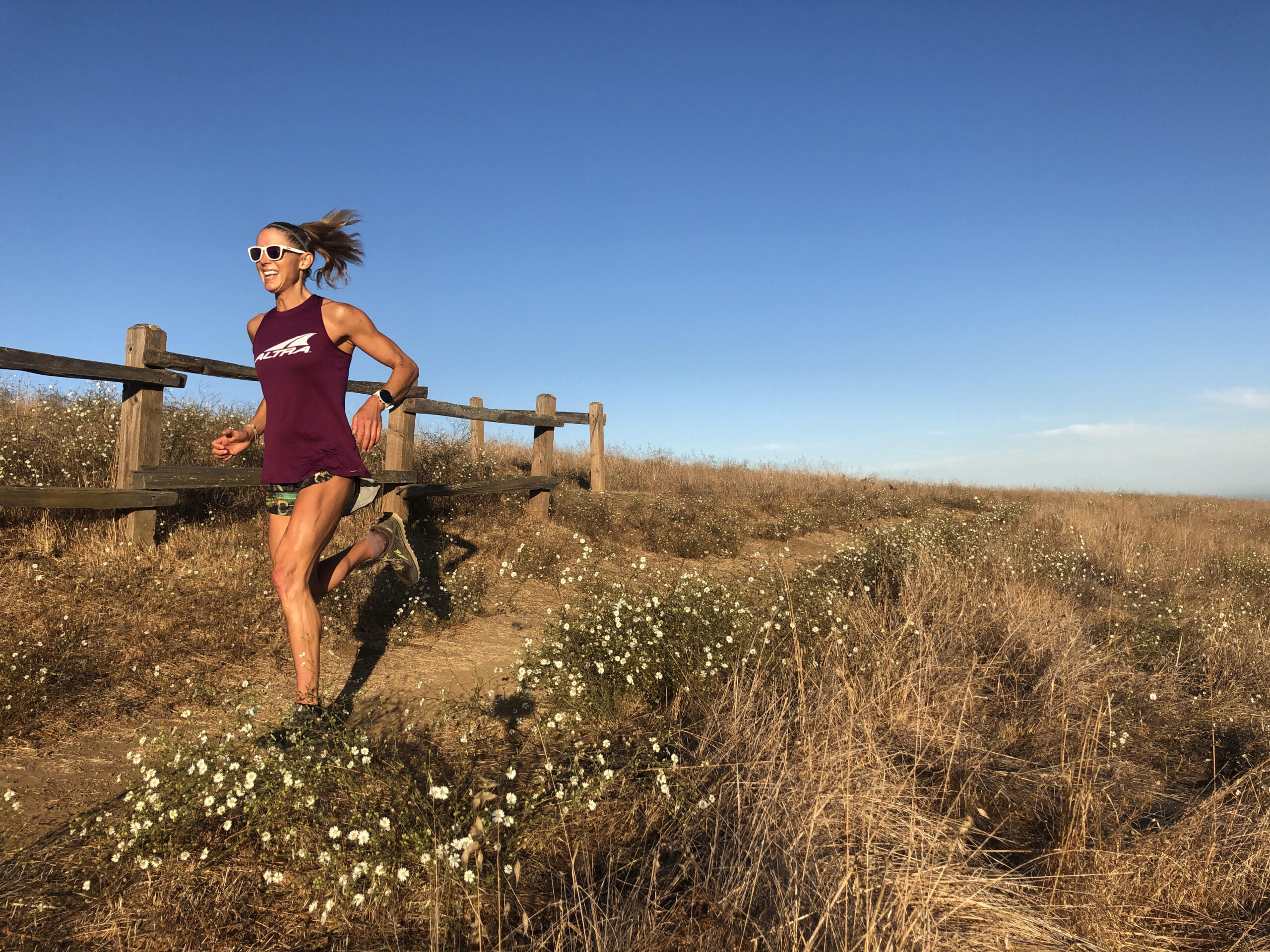By Amelia Boone
In February 2017, around eating disorders awareness week, a post popped up on my Twitter feed from a handle called the Lane 9 Project. Curious, I explored. I read the stories, I learned of the mission, I fell in love.
I remember emailing Heather, Alexis, and Sam, saying that I wanted to be involved, thanking them for the work they were doing, but knowing, internally, now was not the time for me.
Because I had work to do.
In February 2017, I had just come off of two back to back stress fractures: a femoral stress fracture, followed quickly by a sacral stress fracture within 3 weeks of returning to run. They had both healed, and I was eager to write them off and get back to racing, but I was saddled with my own internal compass telling me that a little problem I had tried to ignore for so long wasn’t going away. In fact, it was getting worse.
It took me two years after first hearing of Lane 9 and silently watching the work and reading the stories from the sidelines before I had the courage to do anything about my own story.
And in February 2019, two years later, I committed to going into intensive treatment for my eating disorder…again. 20 years after I was first diagnosed. My third rodeo in intensive treatment (hospital, residential, and now PHP).
It’s coming up on a year since I was discharged from Opal Food & Body, where I spent three months there in treatment. As I’ve talked about many times, I’m not “recovered” yet. I recognize that I’m firmly in recovery, but I will not say that I’m on the other side.
As I’ve talked about many times, I’m not “recovered” yet. I recognize that I’m firmly in recovery, but I will not say that I’m on the other side.

What does being in recovery mean to me, and why now to join in and lend my voice to Lane 9 project?
For me, recovery is hearing the thoughts and urges, hearing the disordered voices, but not listening to them. It’s saying “I see you, thoughts,” but then taking the opposite action. Thoughts tell me “hey, you should restrict your dinner,” actions say “screw you, I’m having a double portion AND dessert.” Recovery is recognizing that some days I may backslide a little bit. Some days may be overwhelming. Other days, the voices and thoughts will be quiet and far from my mind. Recovery is knowing that if I don’t stay vigilant, if I don’t take opposite action, the eating disorder can all too easily creep back into my life and take hold.
Recovery is being constantly curious about my relationship with running and movement, and how, if at all, that plays into my eating disorder. It’s noticing how my thoughts and actions change if I’m not running or active, and what I’m thinking about while I’m running, or my motivation behind any movement.
Recovery is speaking out, holding space for others, and engaging in a community. It’s giving back to those who have come before me and helped me along the way, while still being mindful of protecting myself.
And to me, recovery is speaking out, holding space for others, and engaging in a community. It’s giving back to those who have come before me and helped me along the way, while still being mindful of protecting myself. As I once wrote on a large whiteboard at Opal: “There’s a time to educate, there’s a time advocate, and there’s a time to get the fuck out.” Recovery is knowing which one is good for you in the moment.
So that’s why I’m here now. To reference a metaphor we’ve all heard too many times, I needed to put on my own oxygen mask first, which I did this past year. And there are times when I’ll need to tend to that first. But I know that I’m stronger in my recovery the more I discuss, learn, and help.
I’m also acutely aware of the challenges that athletes in eating disorder recovery face: how many times have you been told that you should give up your sport? That running is part of your disorder? How much brain space have you spent trying to untangle those two and figure out whether you can run and be active in a nourishing and healthy manner?
I’ve spent a lot of time with those questions, and much of my work in treatment was untangling the nuances. While I don’t proclaim to have it all figured out, I’m learning, day by day. And I hope to grow and learn together with this community.
Hello, Lane 9. I’m happy to run with you here.
Amelia is a 4x Obstacle Racing World Champion, ultrarunner, attorney, and pop-tart connoisseur.
Join our newsletter. Join our Facebook Community. Follow on social: @Lane9Project
Contribute your essay, or share your story, with Lane 9 Project.
Let's Go!
Coaching for Runners
Work with our coaches for a personalized training plan that takes into account every aspect of your life - from season to traveling to terrain.
Learn More
Workshops for Teams
Book a workshop to help shift team cultures and coach attitudes to provide a healthier environment and more competitive athletes.
